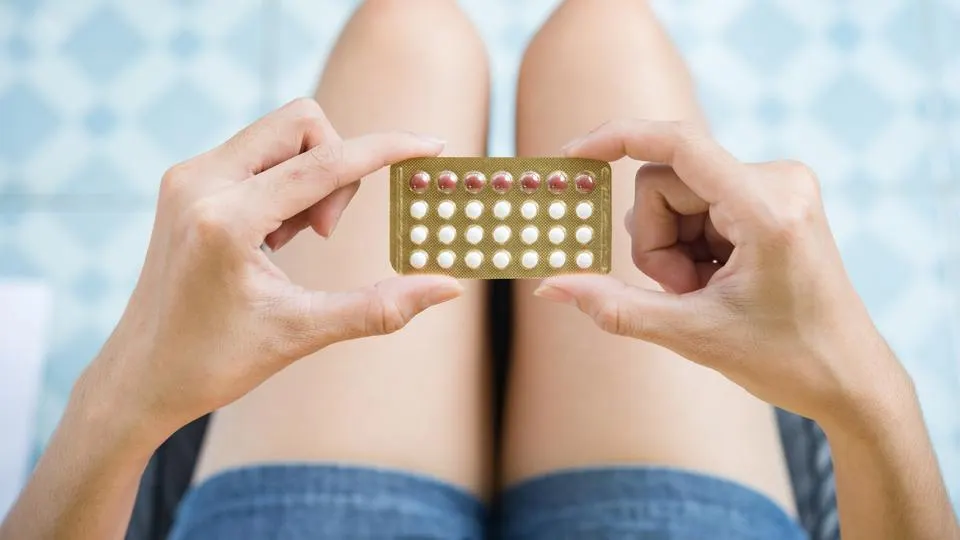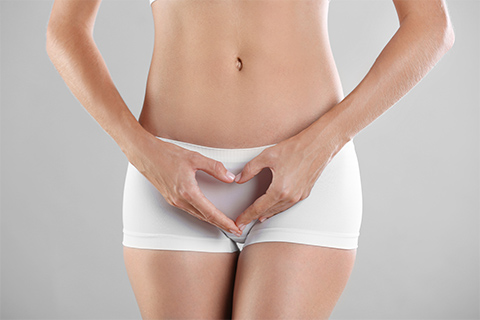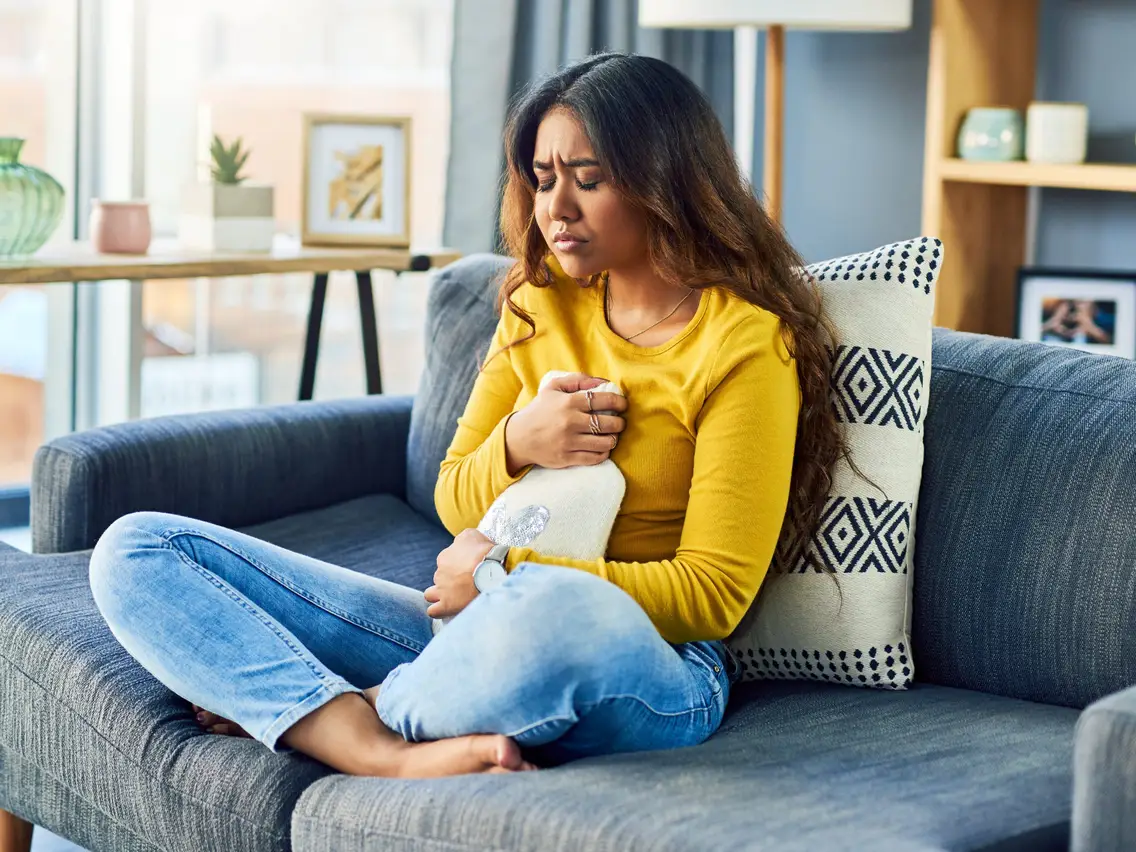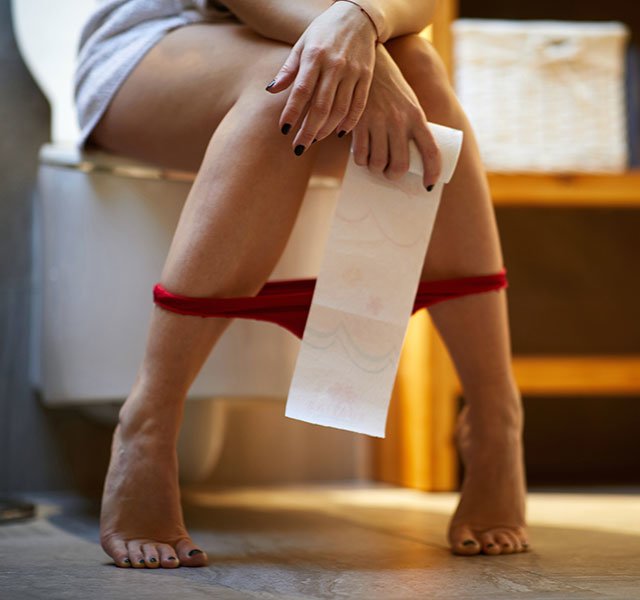Contents
How Long Does A Period Last When On Birth Control
The impact of birth control on your period length depends on the specific type you’re using:
1. Combination Birth Control Pills:
These are the most common type of birth control pills and contain both estrogen and progestin. They typically come in packs of 21 active pills (with hormones) followed by 7 placebo pills (without hormones). Here’s how they affect periods:
- Withdrawal Bleeding: During the placebo week, you’ll likely experience withdrawal bleeding. This isn’t a true period but rather bleeding caused by the drop in hormones. It typically lasts 3-5 days, similar to a normal period.
- Shorter and Lighter Periods: Over time, with consistent pill use, your periods may become shorter and lighter. This is because the hormones in the pill thin the lining of your uterus, resulting in less tissue to shed during menstruation.
- No Periods: In some cases, particularly with continuous use birth control pills where you take active pills for extended periods without a placebo week, you may stop getting a period altogether. This is safe and doesn’t indicate any health problems.
2. Progestin-Only Pills (POPs):
These pills contain only progestin and work through various mechanisms to prevent pregnancy. Their effect on periods can vary:
- Irregular Periods: POPs can cause irregular periods, including spotting, unpredictable bleeding patterns, or even no periods at all. This is because progestin has a weaker effect on regulating the uterine lining compared to combination pills.
- Heavier or More Painful Periods: Some people experience heavier or more painful periods with progestin-only pills, although this is less common than with lighter periods.
3. IUDs:
- Hormonal IUDs: These IUDs release progestin locally within the uterus. Similar to combination birth control pills, they can lead to shorter, lighter periods or even stop them completely.
- Copper IUDs: These IUDs are non-hormonal and may cause heavier or more prolonged periods, especially during the first 3-6 months of use. This is due to the inflammatory response triggered by the copper.
Other Birth Control Methods:
- The implant and the injection: These methods also contain progestin and can cause irregular periods, lighter periods, or no periods at all.
- The ring and the patch: These combine hormones similar to birth control pills and may also lead to lighter or shorter periods over time.
How Does Birth Control Work And Which Ones Can Stop Your Period?
Birth control works in various ways to prevent pregnancy, and some methods can also affect your period. Here’s a breakdown:

How Birth Control Prevents Pregnancy:
There are several mechanisms birth control methods use to prevent pregnancy:
-
Ovulation Suppression: Many birth control methods, like combination birth control pills, progestin-only pills (POPs), implants, injections, and some intrauterine devices (IUDs), work by preventing ovulation. Ovulation is the release of an egg from the ovary. Without ovulation, there’s no egg for sperm to fertilize.
-
Sperm Blockage: Barrier methods like condoms, cervical caps, and diaphragms create a physical barrier that prevents sperm from reaching the egg. Spermicides also work by killing sperm or hindering their movement.
-
Thickening Cervical Mucus: Some hormonal birth control methods can thicken cervical mucus, making it difficult for sperm to pass through the cervix and reach the egg.
-
Endometrial Lining Changes: Hormonal birth control can thin the lining of the uterus (endometrium). This makes it less hospitable for a fertilized egg to implant.
Birth Control Methods That Can Stop Your Period:
Here are some birth control methods that can potentially stop your period completely, or make it significantly lighter and shorter:
-
Combination Birth Control Pills: These pills contain both estrogen and progestin. With consistent use, the hormonal influence thins the uterine lining, leading to lighter periods over time. In some cases, particularly with continuous use of pills, periods may stop entirely.
-
Hormonal IUDs: These IUDs release progestin locally within the uterus. Similar to combination pills, they can thin the lining and lead to lighter or absent periods.
-
The Implant: This small rod inserted under your arm releases progestin continuously. Periods may become irregular, lighter, or stop altogether.
-
The Injection: This shot delivers a progestin dose every 3 months. It can cause irregular periods, lighter periods, or no periods at all.
-
The Patch: This releases hormones similar to combination pills through the skin. Periods may become lighter or even stop with consistent use.
What Birth Control Side Effects Should I Expect While Taking The Pill?
When you start taking birth control pills, it’s common to experience slight changes in your menstrual cycle. Your periods may become shorter, lighter, or even irregular as your body adjusts to the hormones in the pill.

Common side effects you may encounter while on the pill include:
- Nausea: Some individuals may feel queasy, especially when starting a new pill.
- Breast tenderness: Hormonal changes can lead to breast soreness.
- Headaches: Mild headaches might occur initially but often improve over time.
While these side effects are typical, it’s essential to monitor your body’s response to the pill.
What Are The Side Effects Of Stopping The Birth Control Pill?
Here are the common side effects of stopping the birth control pill:
- Irregular periods: Your menstrual cycle may become irregular for a few months after stopping the pill. This can include heavier or lighter periods than usual.
- Acne: Some individuals may notice an increase in acne breakouts after discontinuing the pill. This is often due to the hormonal changes in your body.
- Mood swings: Your hormone levels may fluctuate, leading to mood swings or changes in your emotional well-being once you stop taking the pill.
- Changes in menstrual flow: Your period flow may change after stopping the pill, becoming heavier or lighter than you experienced while on the pill.

- Fertility: It’s essential to note that fertility can return quickly after stopping the pill, so it’s crucial to have an alternative birth control method in place if you’re not ready to conceive.
- Breast tenderness: Some individuals may experience breast tenderness or changes in breast sensation after discontinuing the pill.
Frequently Asked Questions
How long does withdrawal bleeding last on combined hormonal birth control?
Withdrawal bleeding during the placebo week of combined hormonal methods (pills, patch, ring) typically lasts 3 to 7 days, resembling a regular period.
Do progestin-only birth control methods affect period duration?
Progestin-only methods (mini-pill, Depo-Provera, implant) may lead to variable bleeding patterns. Some experience irregular bleeding or spotting lasting a few days to a week.
Can IUDs impact period duration?
Hormonal IUDs may result in lighter periods or no menstruation for some, while copper IUDs may cause heavier or prolonged bleeding, although experiences vary.
I am a medical student with experience and interest in Women’s health and well-being.
